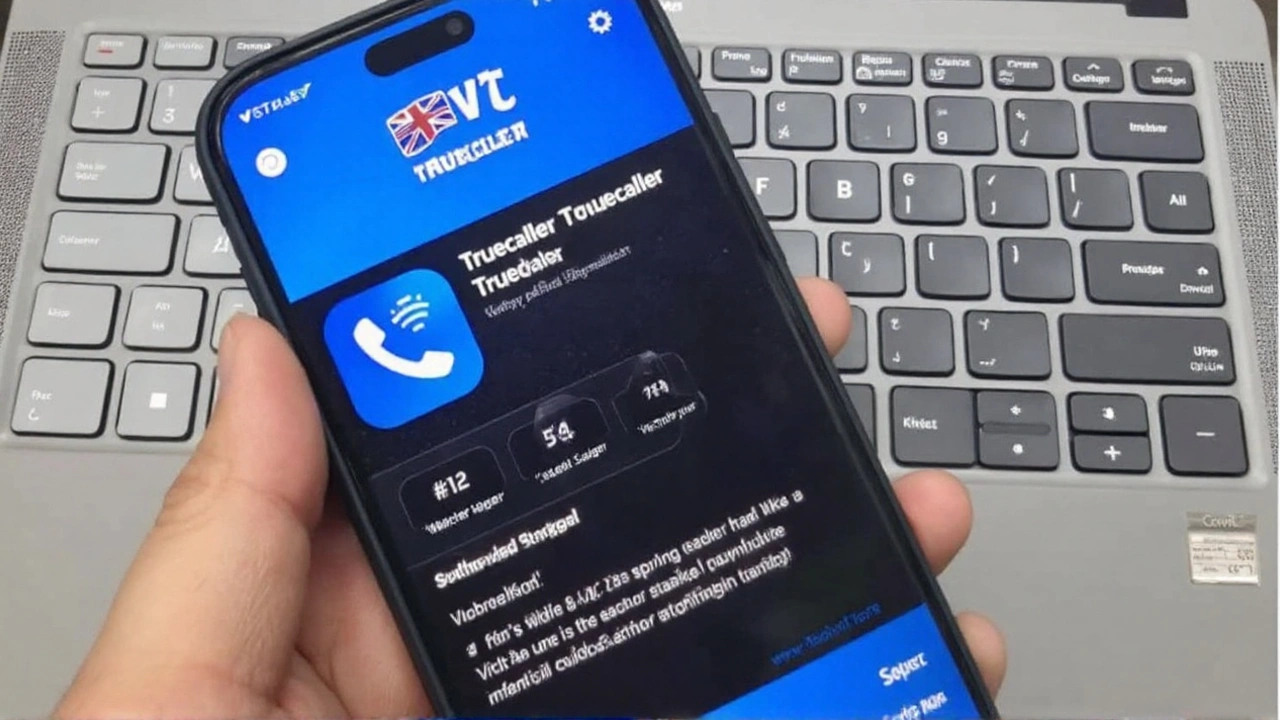Why Is Truecaller Under the Spotlight in South Africa?
It’s not every day you see a popular app like Truecaller under fire for its business tactics, but that's the reality in South Africa right now. The Information Regulator has launched an official investigation after South African companies complained that Truecaller’s way of handling spam calls might actually be crossing the line on privacy and fairness. At the heart of the uproar is Truecaller's so-called 'pay-to-whitelist' policy. Basically, some businesses say they have to cough up cash to escape the dreaded spam label on the app. That’s tough if your business relies on calling clients and you suddenly get flagged as a nuisance just because you won’t pay a fee.
POPIA—the Protection of Personal Information Act—sits at the core of South Africa’s privacy laws. It was put in place to keep people’s details safe and make sure companies don’t misuse personal data. But some businesses believe Truecaller’s system is brushing up against those rules in a big way. Their main worry? They say Truecaller lets anyone report a number as spam and then asks companies to pay for 'whitelisting' so their calls don’t end up ignored or rejected by users.
What Does This Mean for Businesses—and Your Data?
Let’s break down what’s really bugging everyone. First, even if a business is legitimate and just calling to confirm a booking or remind you about an appointment, they might get listed as spam if a few users hit the report button. Once they’re flagged, getting off that list isn’t so simple—it might involve paying a fee. South African businesses argue that this creates an unfair system and puts smaller companies at a big disadvantage.
As for regular folks using Truecaller, yes, the app helps you dodge scam calls and endless telemarketers. But behind the scenes, it collects and shares tons of contact details. The investigation is looking at whether this data collection fits with South Africa’s strict privacy laws, especially when it comes to business numbers and how they’re classified or sold.
- Some businesses claim they’re listed as spam even without proof they made unwanted calls.
- Truecaller’s payment model may pressure businesses to pay just to stay in good standing—something critics call a 'pay-to-play' setup.
- The Information Regulator wants to know if personal and company data is being handled and stored properly, as required by POPIA.
This is shaping up to be a test for the whole call-screening industry, not just Truecaller. If the findings go against them, other apps working in South Africa—and maybe even in other African markets—will have to think hard about how they make money and treat user data. It’s a reminder that balancing privacy, safety, and fairness is anything but simple in today’s digital world.


Author
Ra'eesa Moosa
I am a journalist with a keen interest in covering the intricate details of daily events across Africa. My work focuses on delivering accurate and insightful news reports. Each day, I strive to bring light to the stories that shape our continent's narrative. My passion for digging deeper into issues helps in crafting stories that not only inform but also provoke thought.